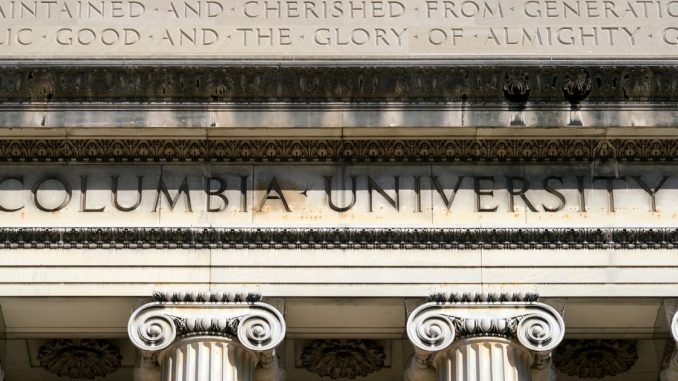
Columbia University and the National Institutes of Health reportedly know a lot more than parents do about the sex lives of hundreds of underage children participating in a study of teen gay sex activity.
Documentation on the NIH’s website shows that researchers at Columbia University have been tracking gay sexual activity among teenagers without parental knowledge in a research project funded by the NIH, according to The Washington Free Beacon.
Teens are recruited via social media and told that if they are between 13 and 18 and “a guy who’s into other guys,” they can get up to $275 to participate in a research project by sharing the details of their sexual activity.
The NIH spent more than $300,000 in 2012 and 2013 to develop the MyPEEPS smartphone app, which “provides ‘interactive games and activities’ designed to teach participating teenagers how to minimize risk in their sex lives,” according to the report.
Since then, yearly grants totaling $7.9 million since 2016 have allowed researchers to study the data, the Free Beacon reported.
The study focuses on male teens in Birmingham, Alabama, Chicago, New York City and Seattle.
Some teens reportedly traveled as part of the project to participate in group discussions.
Parents, however, are not part of the information loop, according to the Free Beacon.
Dr. Rebecca Schnall, the MyPEEPS project leader, said Columbia’s institutional review board waived parental permission, claiming the study posed little risk.
“If parental permission were sought, then our study participants may not be willing to participate in this study because they will fear their parents’ knowledge of their sexuality and sexual activities,” Schnall said.
But some say parents ought to know what is going on.
“There are additional concerns that minor children in this study may be engaged in sexually exploitative relationships with older males, sex trafficking/child prostitution, violence, and sexual abuse, from which they should be protected,” she said.
Wubbenhorst, who served on the Duke University Health System Institutional Review Board, said minors are a vulnerable population who are not able to give informed consent.
Dr. Aaron Rothstein, a fellow in bioethics at the Ethics and Public Policy Center, said the waiver to exclude parents came as a surprise to him, given that youth were paid and in some cases traveled to take part in group discussions.
“If parental consent is waived, there needs to be an appropriate mechanism in place to protect the minors,” Rothstein said.
Schnall said the project is expanding and is now studying the MyPEEPSapp with transgender teens.
